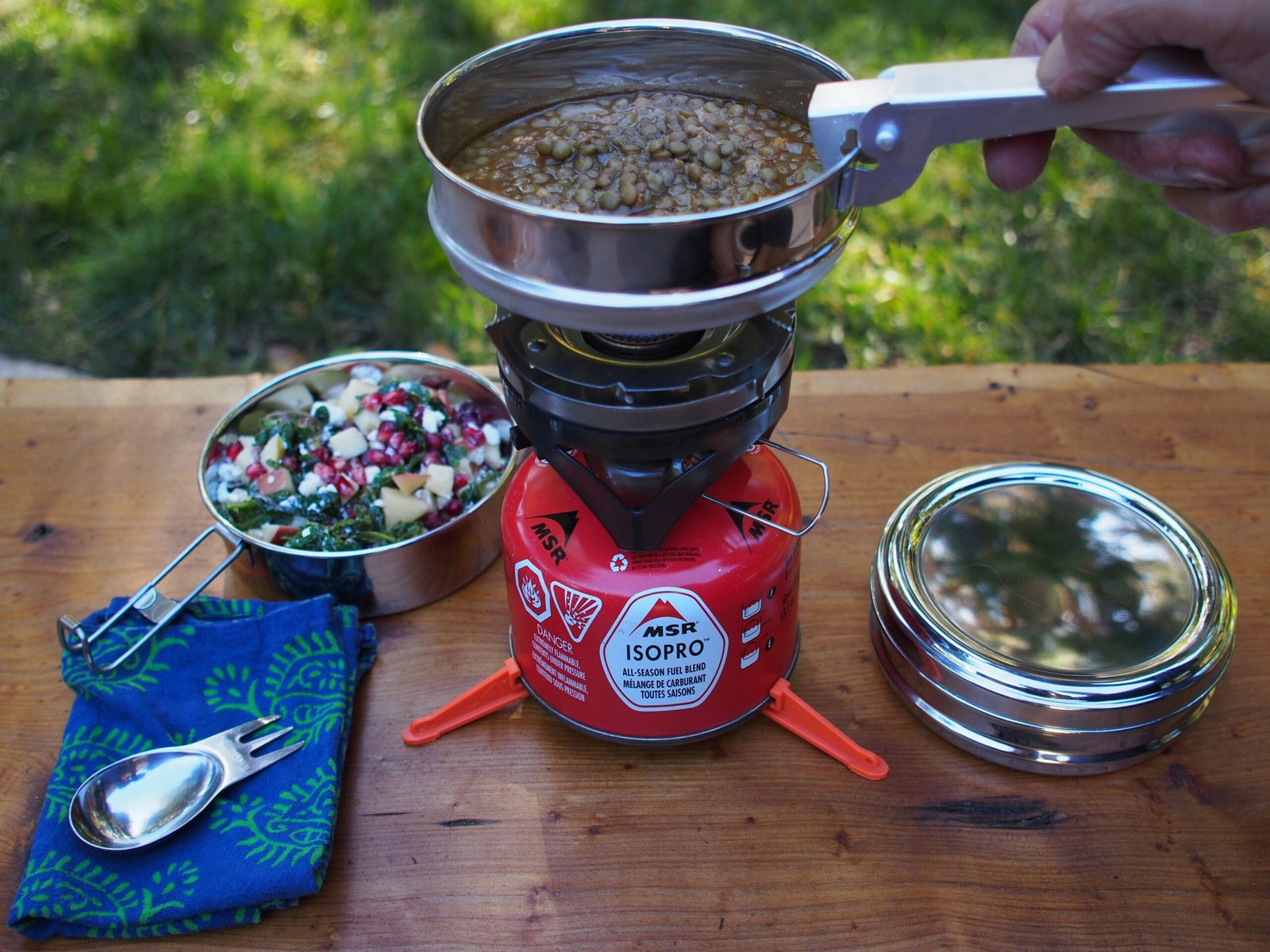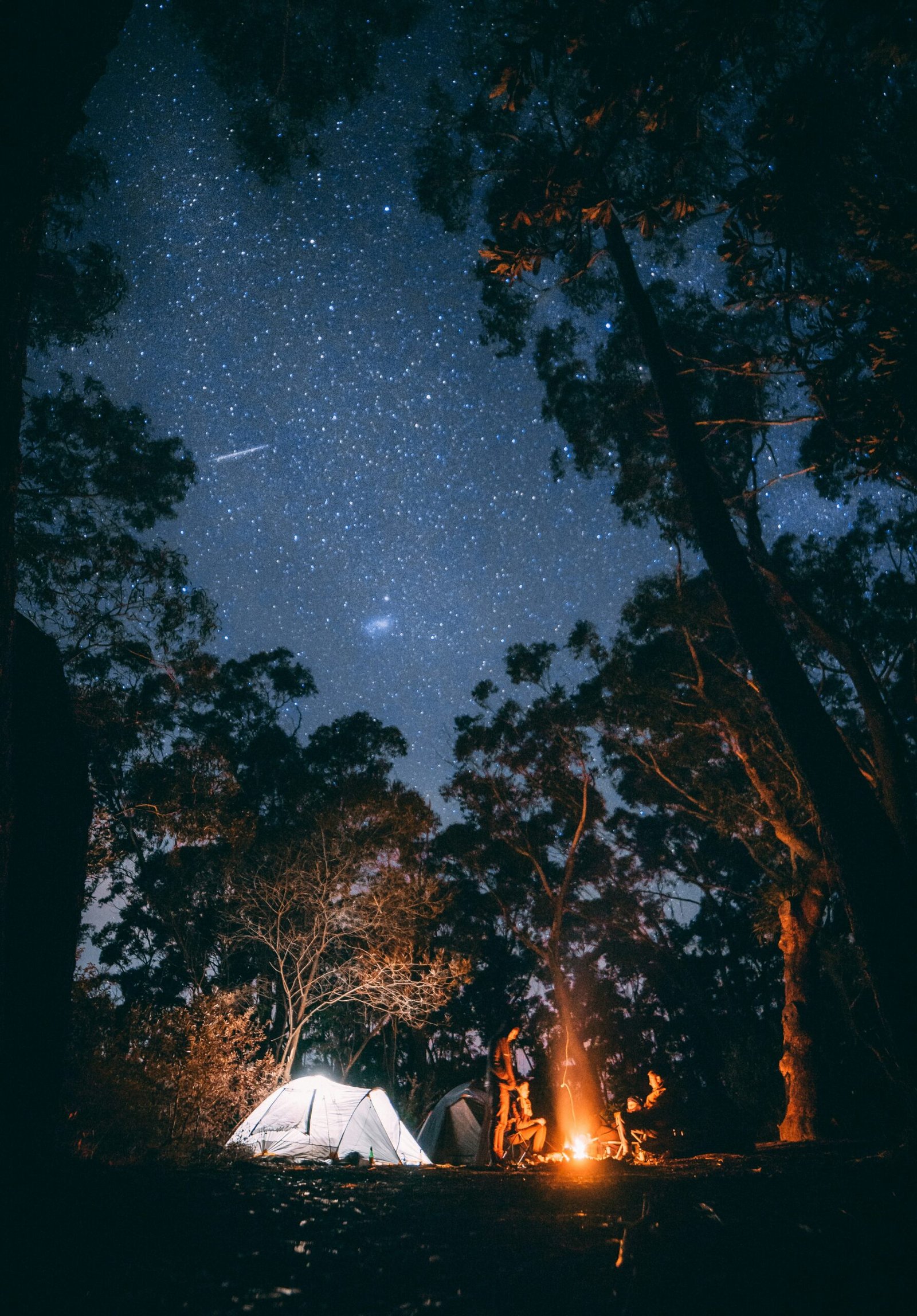
Embarking on a solo camping trip can be an exhilarating and transformative experience. It allows you to disconnect from the chaos of everyday life and reconnect with nature. However, venturing into the wilderness alone requires careful planning and preparation to ensure your safety and enjoyment. In this article, we will explore the joys of solo camping trips and provide you with essential survival tips to make your adventure a memorable one.
The Joys of Solo Camping
Solo camping offers a unique opportunity for self-discovery and personal growth. It allows you to set your own pace, make decisions independently, and fully immerse yourself in the natural surroundings. Here are a few reasons why solo camping can be a rewarding experience:
- Peace and Solitude: Solo camping provides a chance to escape the noise and distractions of daily life. It offers solitude and tranquility, allowing you to reflect, recharge, and find inner peace.
- Self-Reliance: Being solely responsible for your well-being during a camping trip builds self-confidence and resilience. It pushes you to rely on your own skills and resourcefulness.
- Connection with Nature: Camping alone allows you to fully immerse yourself in the natural world. You can observe wildlife, marvel at breathtaking landscapes, and develop a deeper appreciation for the environment.
- Freedom and Flexibility: When camping alone, you have the freedom to choose your own itinerary, activities, and camping spots. You can adapt your plans on the go, without having to consider the preferences of others.
Survival Tips for Solo Camping
While solo camping can be an incredible experience, it is crucial to prioritize safety and be prepared for any challenges that may arise. Here are some essential survival tips to ensure a successful solo camping trip:
1. Plan and Prepare
Thorough planning is essential for a safe and enjoyable solo camping trip. Research your destination, understand the local regulations, and familiarize yourself with the potential risks and challenges of the area. Create a detailed checklist of necessary equipment, including a reliable tent, sleeping bag, cooking supplies, and appropriate clothing for the weather conditions.
2. Share Your Itinerary
Before embarking on your solo adventure, inform a trusted friend or family member about your itinerary. Share details such as the location, duration of your trip, and expected return date. This ensures that someone knows where you are and can raise the alarm if you fail to return as planned.
3. Pack Essential Safety Gear
Always carry essential safety gear, such as a first-aid kit, compass, map, flashlight, and a reliable multi-tool. These items can prove invaluable in emergencies or unexpected situations. Additionally, bring enough food, water, and extra clothing to sustain yourself in case of unforeseen delays or challenges.
4. Be Aware of Your Surroundings
Stay vigilant and be aware of your surroundings at all times. Familiarize yourself with the local wildlife and potential hazards. Keep a safe distance from wild animals and follow proper food storage practices to avoid attracting them to your campsite. Be mindful of weather conditions and any changes in the environment that could affect your safety.
5. Practice Fire Safety
Fire can be a valuable tool in the wilderness, providing warmth, cooking capabilities, and a means of signaling for help if needed. However, it is crucial to exercise caution when building and maintaining a fire. Follow all fire safety guidelines, ensure your fire is completely extinguished before leaving your campsite, and respect any fire restrictions or regulations in the area.
6. Trust Your Instincts
Listen to your instincts and trust your judgment. If a situation feels unsafe or uncomfortable, it is essential to prioritize your well-being and make necessary adjustments. Solo camping is about self-discovery, but it is equally important to know your limits and take calculated risks.
7. Leave No Trace
Respect the environment and leave no trace of your presence. Pack out all your trash, minimize campfire impact, and stick to designated trails to minimize your ecological footprint. By practicing Leave No Trace principles, you contribute to the preservation of the wilderness and ensure its beauty for future generations to enjoy.
Embarking on a solo camping trip can be a life-changing adventure. It allows you to challenge yourself, connect with nature, and experience the freedom of solitude. By following these survival tips, you can ensure a safe and memorable journey that will leave you with cherished memories and a renewed appreciation for the great outdoors.

